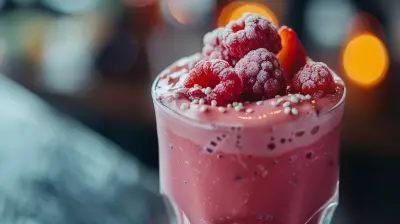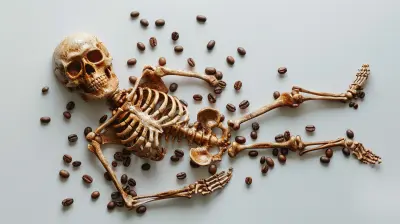How to Know if You’re Drinking the Right Amount of Water
21 September 2025
Water is essential for life. You’ve probably heard the advice, "Drink eight glasses of water a day!" But is that really the magic number? Or could your body need more (or less) depending on various factors?
Not drinking enough water can lead to dehydration, while drinking too much can also have negative effects. So how do you know if you're drinking the right amount of water for your body? Let’s break it down step by step.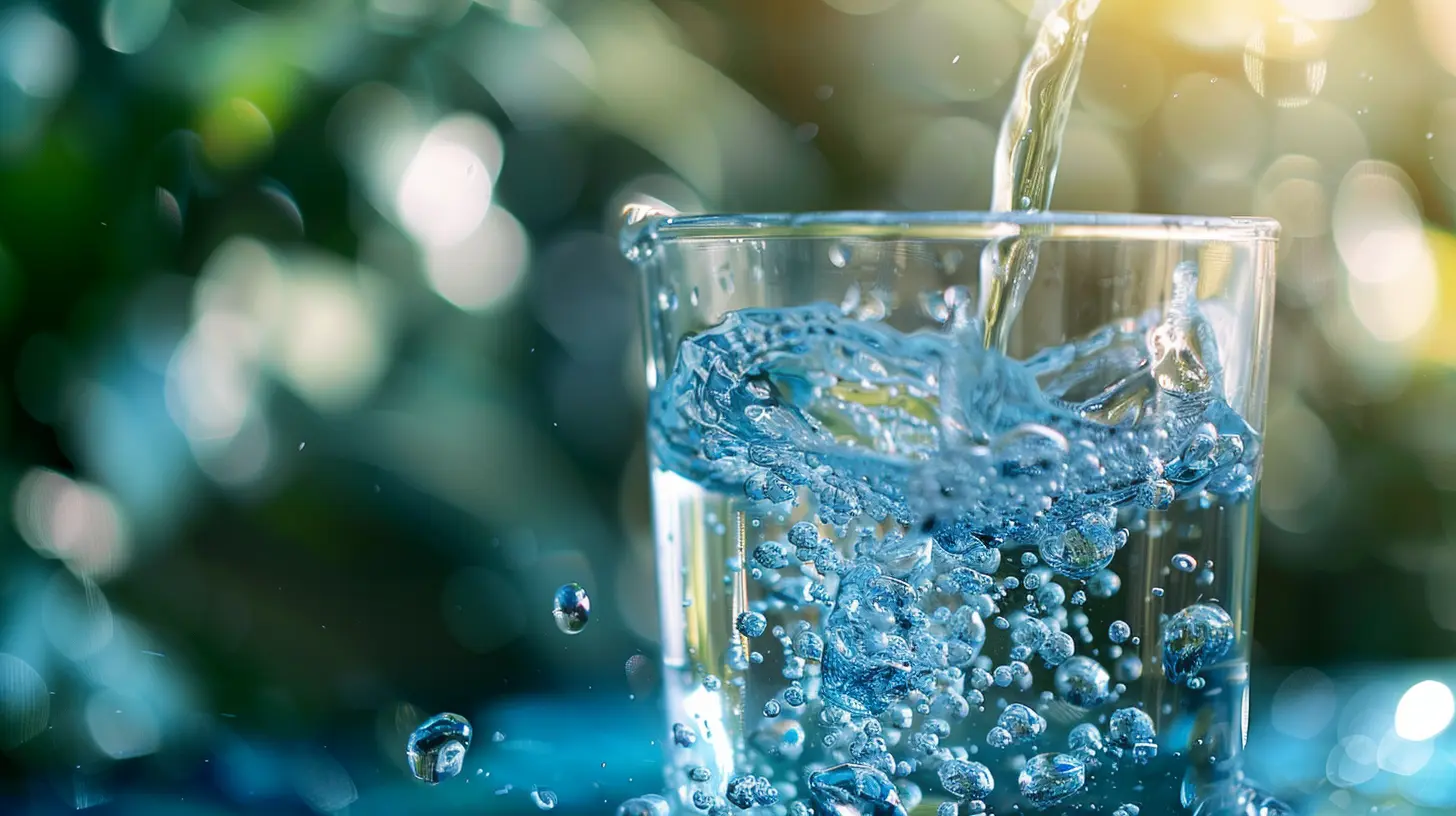
Why Water is So Important
Before diving into whether you're drinking enough, let’s talk about why hydration matters. Water plays a crucial role in:- Regulating body temperature
- Supporting digestion
- Flushing out toxins
- Keeping your joints lubricated
- Boosting skin health
- Aiding in nutrient absorption
In short, staying hydrated keeps your body running smoothly—like oil in a well-functioning engine.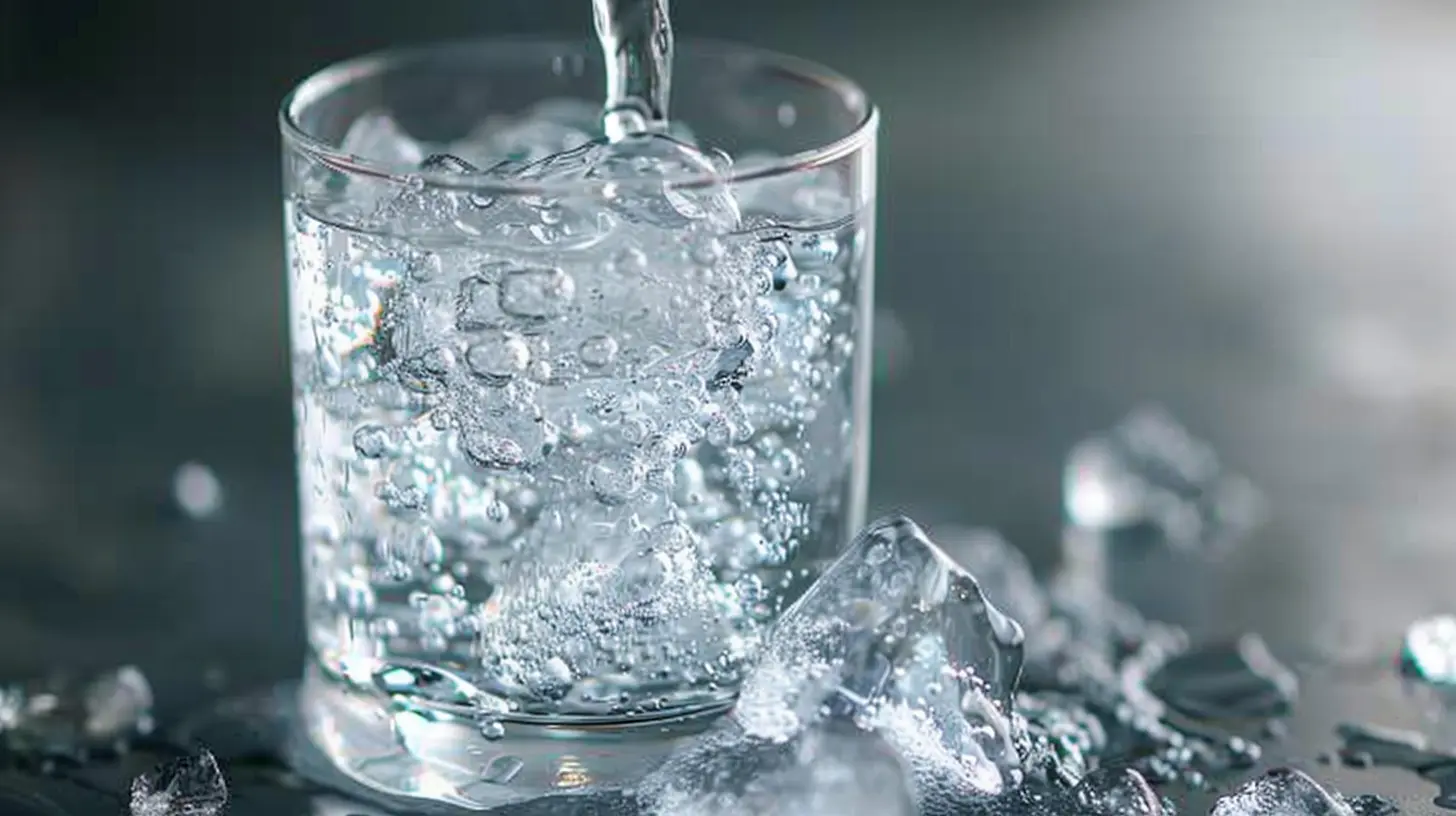
The "8 Glasses a Day" Myth
For years, the golden rule has been to drink eight 8-ounce glasses of water a day (about 2 liters). While this is a decent general guideline, hydration isn’t one-size-fits-all.Your water needs depend on factors like:
- Body size & weight – A 200-pound athlete needs more water than a 120-pound office worker.
- Activity level – If you sweat a lot, you need to drink more.
- Climate – Hot and humid weather requires more hydration.
- Diet – Eating lots of water-rich foods (like fruits and veggies) means you may need less plain water.
- Medical conditions – Some health issues, like kidney disease or pregnancy, alter fluid needs.
So instead of blindly following the "8 glasses" rule, listen to your body’s signals.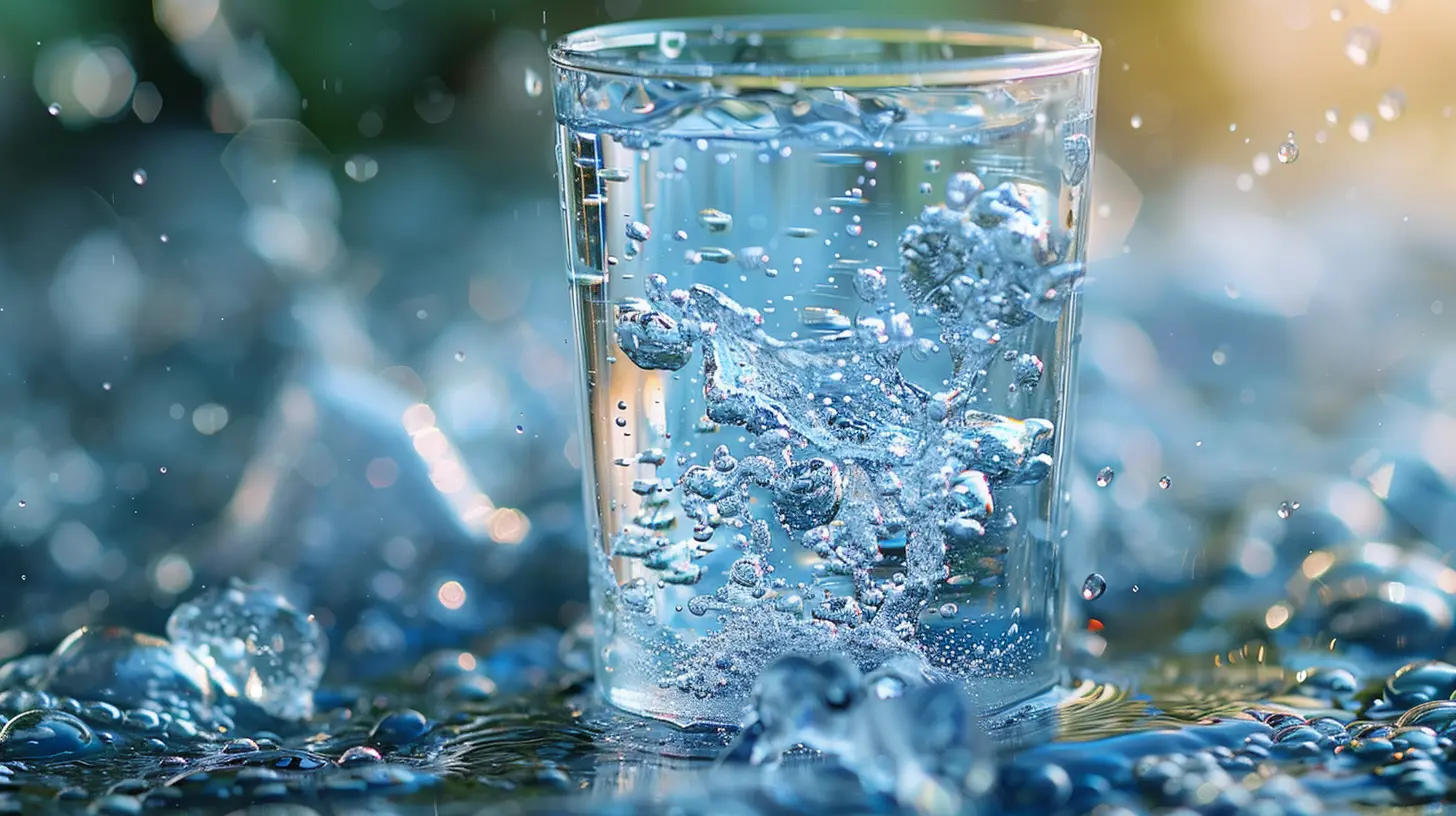
Signs You’re Drinking Enough Water
Rather than sticking to a rigid number, it's better to pay attention to how your body feels. Here are some key indicators that you're well-hydrated:1. Your Urine Is Light Yellow
A quick way to check hydration is by looking at your pee. If it's a pale yellow, you're in good shape. Dark yellow or amber? You probably need more water.💡 Think of your urine like lemonade—light yellow is good, dark yellow means you need a refill!
2. You Rarely Feel Thirsty
Thirst is your body’s way of saying, "Hey, I need more fluids!" If you feel thirsty a lot, you're likely not drinking enough. Ideally, you should sip water throughout the day before you even get to the point of thirst.3. You Have Steady Energy Levels
Ever feel sluggish in the afternoon? It might not be lack of sleep—it could be dehydration! Water helps maintain good circulation and oxygen flow, keeping you energized.4. Your Skin Feels Hydrated
Dry, flaky skin can sometimes be a sign of dehydration. While external moisturizers help, drinking enough water nourishes your skin from the inside out.5. Your Digestion is Smooth
Water helps keep things moving in your digestive system. If you’re struggling with constipation, increasing your water intake may help.6. Your Breath is Fresh
Dehydration can lead to dry mouth, which allows bacteria to thrive—causing bad breath. If you’re noticing an unpleasant odor, try increasing your water intake.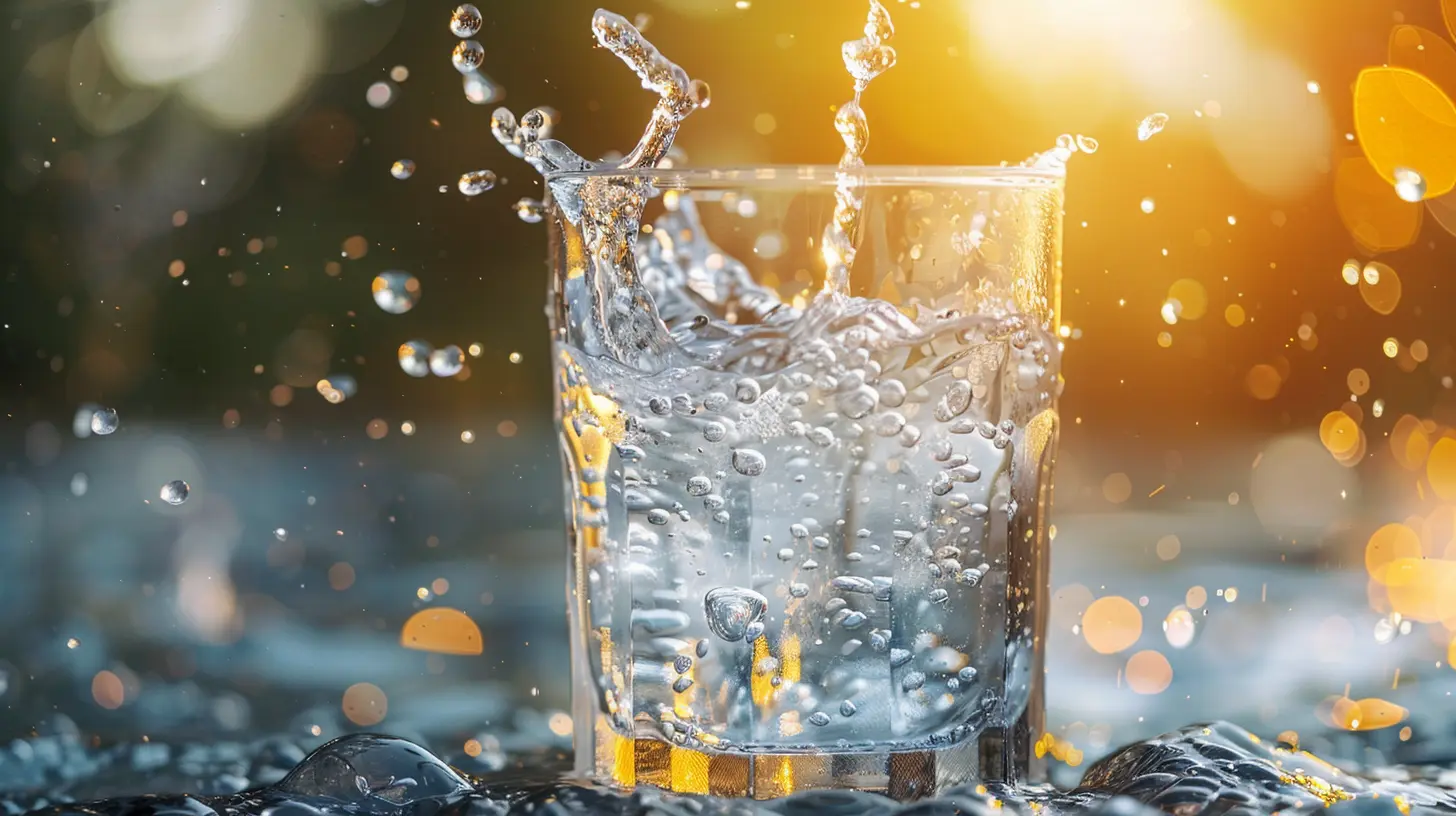
Signs You’re NOT Drinking Enough Water
If you’re missing key hydration signals, your body will let you know. Watch out for these dehydration warning signs:- Dark urine – If it's the color of apple juice, you need more water!
- Dry mouth & chapped lips – Constant dryness means you're dehydrated.
- Frequent headaches – A lack of water can cause brain fog and headaches.
- Dizziness or lightheadedness – Dehydration affects blood pressure and circulation.
- Muscle cramps – If you're prone to cramps, especially after workouts, you may need more fluids.
- Feeling constantly hungry – Sometimes, thirst is mistaken for hunger. Try drinking water before reaching for a snack.
Can You Drink Too Much Water?
Yes! While dehydration is a problem, overhydration (also called water intoxication) is just as concerning. If you drink way more than your body needs, your sodium levels can drop dangerously low—a condition called hyponatremia.Signs You Might Be Drinking Too Much Water:
- Frequent bathroom trips (every 30-60 minutes)- Feeling bloated or nauseous
- Swelling in hands, feet, or lips
- Headaches or confusion
If you’re drinking excessive water and experiencing these symptoms, ease up and allow your body to regulate.
How Much Water Should You Drink?
A more personalized way to determine your water needs is by following these guidelines:1. Use the "Half-Your-Weight" Rule
A simple formula is to drink half your body weight (in pounds) in ounces of water daily. For example:- If you weigh 150 lbs, aim for 75 oz of water per day.
- If you weigh 200 lbs, aim for 100 oz per day.
2. Adjust for Activity & Climate
If you're physically active or live in a hot climate, you’ll need more. Add an extra 12-16 oz for every hour of exercise.3. Listen to Your Body
No single formula is perfect for everyone. Pay attention to how you feel—thirst, energy levels, and urine color are better indicators than a strict rule.Tips to Stay Hydrated Without Overdoing It
Want to hit your hydration goals without chugging gallon-sized bottles? Try these simple tricks:✔ Drink a glass of water first thing in the morning – It wakes up your system.
✔ Carry a reusable water bottle – You’ll sip more if it’s always within reach.
✔ Eat water-rich foods – Cucumbers, watermelon, oranges, and soup all count toward hydration.
✔ Set reminders – Use a phone app or sticky notes to remind yourself to drink.
✔ Flavor your water – Infuse it with lemon, mint, or berries to make it more enjoyable.
Final Thoughts
There’s no one-size-fits-all answer to how much water you should drink. Instead of fixating on a rigid number, pay attention to your body's signals. Check your urine color, energy levels, and thirst cues to see if you're getting enough.Hydration is about balance—too little can cause dehydration, while too much can lead to overhydration. The key is to find the sweet spot that keeps you feeling your best!
So, are you drinking the right amount of water? Now you know how to tell!
all images in this post were generated using AI tools
Category:
HydrationAuthor:

Laura Hudson
Discussion
rate this article
1 comments
Merida McWain
Is your water bottle your new best friend or just a fancy decoration? Remember, if you're not making frequent trips to the bathroom, you might need a hydration pep talk!
October 19, 2025 at 4:23 AM

Laura Hudson
Great point! Staying hydrated is key—if your water bottle is mostly decorative, it might be time for a hydration overhaul!
